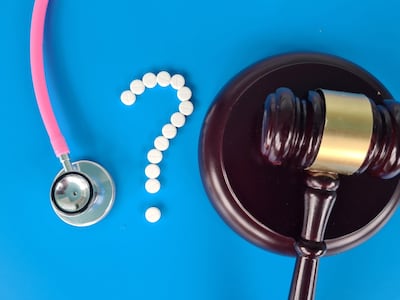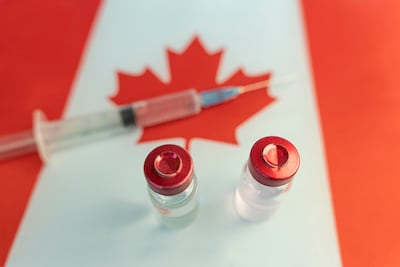The biopharmaceutical industry is in intense conflict over a case that could determine how broadly a patent can cover a cutting edge invention. More than a dozen companies have taken opposite sides in the dispute between Amgen, Inc. and Sanofi over their PCSK9-targeting antibodies.
The US Supreme Court is to hear oral argument in the case, Amgen v. Sanofi, on 27 March. The case...








